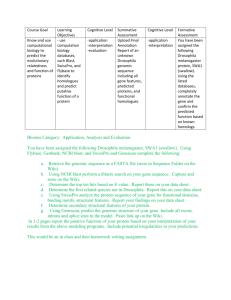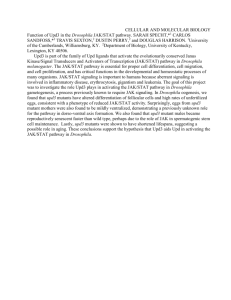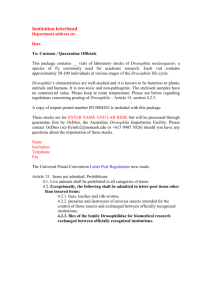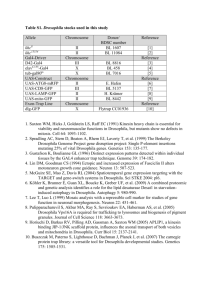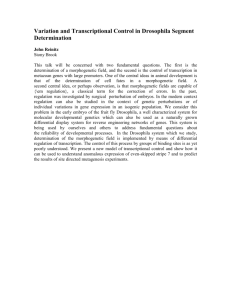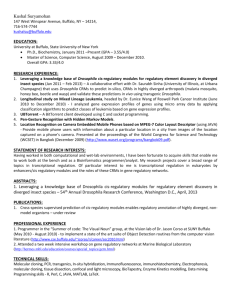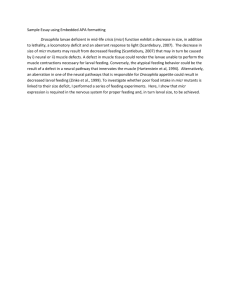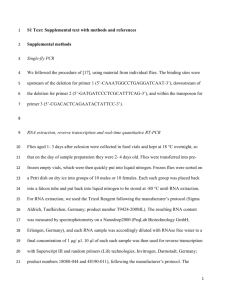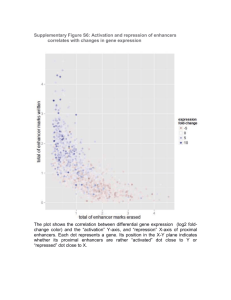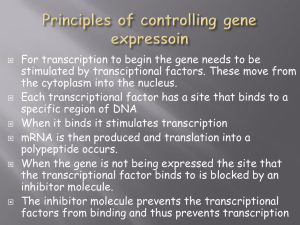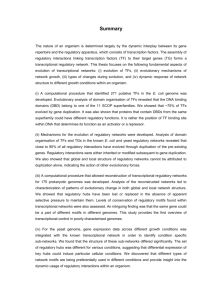Abstract Submission (請依照下列格式)
advertisement
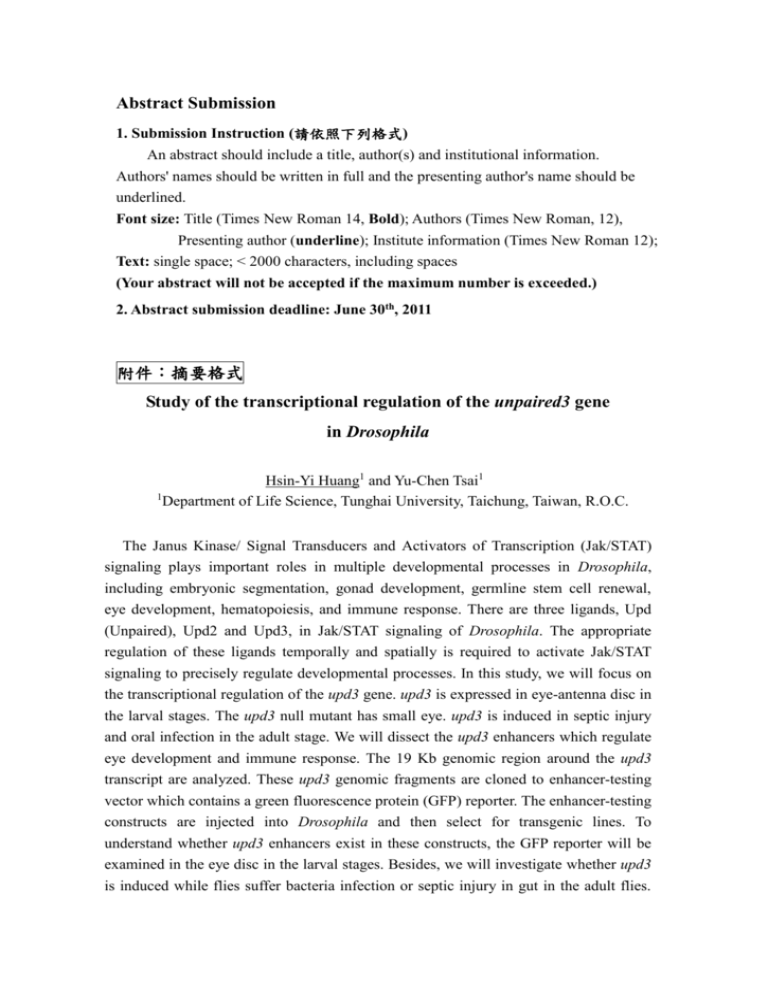
Abstract Submission 1. Submission Instruction (請依照下列格式) An abstract should include a title, author(s) and institutional information. Authors' names should be written in full and the presenting author's name should be underlined. Font size: Title (Times New Roman 14, Bold); Authors (Times New Roman, 12), Presenting author (underline); Institute information (Times New Roman 12); Text: single space; < 2000 characters, including spaces (Your abstract will not be accepted if the maximum number is exceeded.) 2. Abstract submission deadline: June 30th, 2011 附件:摘要格式 Study of the transcriptional regulation of the unpaired3 gene in Drosophila Hsin-Yi Huang1 and Yu-Chen Tsai1 1 Department of Life Science, Tunghai University, Taichung, Taiwan, R.O.C. The Janus Kinase/ Signal Transducers and Activators of Transcription (Jak/STAT) signaling plays important roles in multiple developmental processes in Drosophila, including embryonic segmentation, gonad development, germline stem cell renewal, eye development, hematopoiesis, and immune response. There are three ligands, Upd (Unpaired), Upd2 and Upd3, in Jak/STAT signaling of Drosophila. The appropriate regulation of these ligands temporally and spatially is required to activate Jak/STAT signaling to precisely regulate developmental processes. In this study, we will focus on the transcriptional regulation of the upd3 gene. upd3 is expressed in eye-antenna disc in the larval stages. The upd3 null mutant has small eye. upd3 is induced in septic injury and oral infection in the adult stage. We will dissect the upd3 enhancers which regulate eye development and immune response. The 19 Kb genomic region around the upd3 transcript are analyzed. These upd3 genomic fragments are cloned to enhancer-testing vector which contains a green fluorescence protein (GFP) reporter. The enhancer-testing constructs are injected into Drosophila and then select for transgenic lines. To understand whether upd3 enhancers exist in these constructs, the GFP reporter will be examined in the eye disc in the larval stages. Besides, we will investigate whether upd3 is induced while flies suffer bacteria infection or septic injury in gut in the adult flies. We will further narrow down the possible upd3 genomic fragment. To understand upstream signaling of the upd3 gene, we will search for the putative transcriptional binding sites in possible upd3 genomic fragments and analyze their function in vivo. Hopefully based on this study, we can realize the transcriptional regulation of the upd3 gene during developmental processes in Drosophila.
